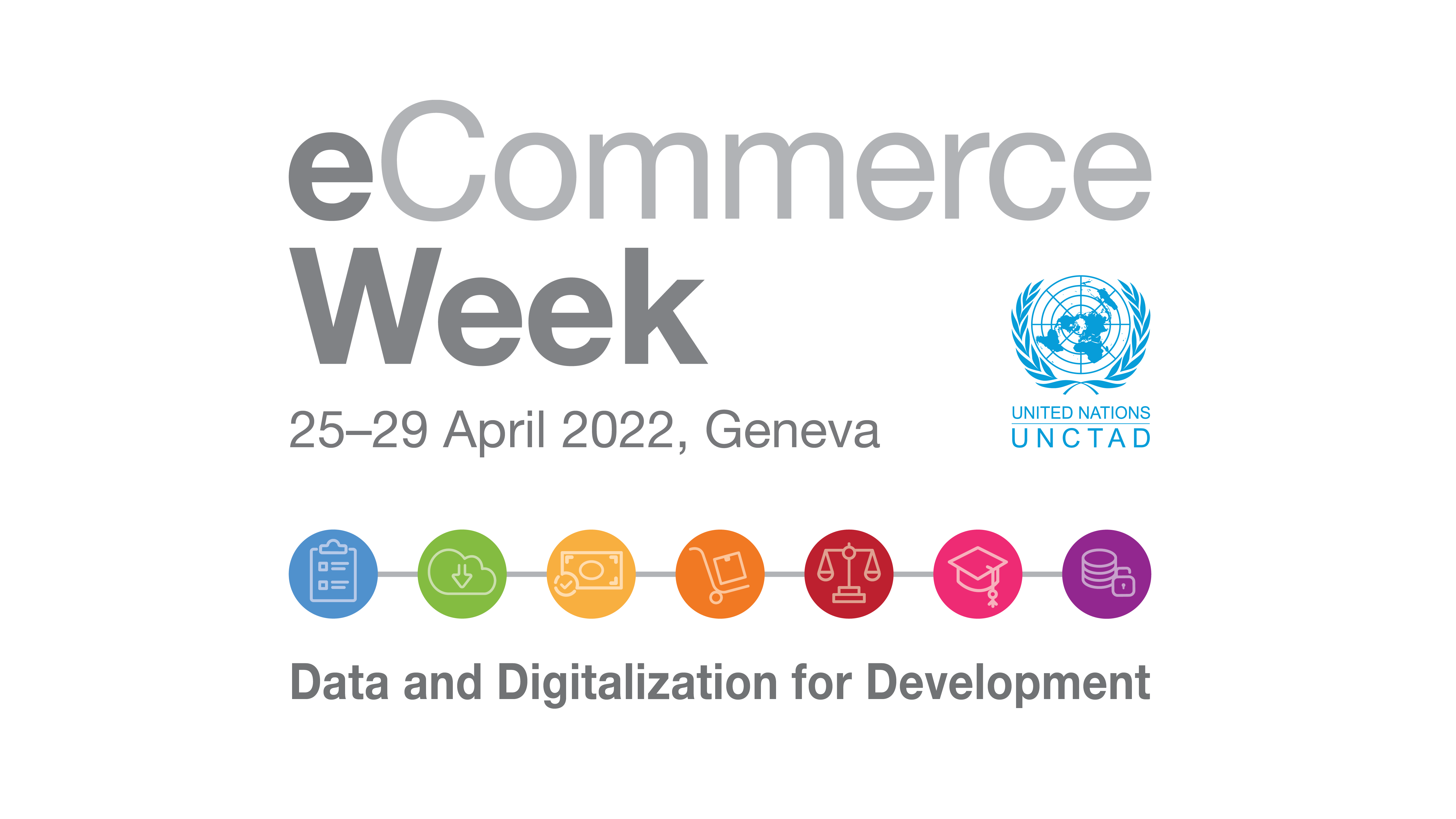Exploring a global framework for data governance
28 Apr 2022 17:00h - 18:00h
Event report
The panellists in this session explored the possibilities and challenges of achieving a global data governance framework based on the conclusions of the 2021 UNCTAD Digital Economy Report. They discussed data localisation and free flow of data and looked at the issues from the perspective of the Global South, specifically African countries.
The discussion was based on findings of the 2021 UNCTAD Digital Economy Report, calling for global governance of cross-border data flows.
Discussing the current dynamics, Mr Parminder Jeet Singh (IT for Change, Executive Director) spoke about the current logjam between the data localisation and free data flow approaches, pointing out that the data localisation is a reactive stance to the lack of regulation to protect interests, tied to the absence of global data governance network. As the current discussions involving the free flow of data are taking place at the WTO, Singh highlighted that the data has wider importance than just for trade, and therefore the conversation should not be restricted to trade negotiations but needs a society-wide discourse. Singh also pointed out that while the WTO negotiations highlight the free flow of data as a business facilitator, such a view is limited and data should be seen as a resource for intelligence development. Ms Ingrid Schneider (Universität Hamburg, Professor for Political Science) agreed that the trade regime negotiations are not the right forum to discuss data and said that the new global data framework should be discussed under the auspices of the UN. Schneider also highlighted the need for a middle ground between data localisation regimes and free flow of data, and for opposing the exacerbation of existing data asymmetries.
In discussing what to consider when creating a global framework for data governance, both Singh and Schneider addressed the concentration of data and the power to control access to data by large companies (Google, Apple, Facebook, Amazon, Baidu, Alibaba, and Tencent), as well as the concentration of power over data in the hands of individual states. Schneider emphasised the need to differentiate the protection regimes between data types (non-personal, business, personal, sensitive), define sector-specific access regimes, conditions to transfer, and the importance of the human rights approach to data governance.
Speaking from the perspective of the Global South, Mr Africa Kiiza (PhD Fellow, Universität Hamburg, International Trade and Investment Policy Analyst and Activist) pointed out two theories that prevail in governance discussions – the extraction use theory and the new constitutionalism theory. He also spoke about data governance discussions in the Global South being focused primarily on the economic value of data with the need to involve the social justice aspect as well. Kiiza pointed out the existence of mistrust between the Global North and the Global South, and agreed on the role of large digital companies monopolising data. Reflecting on the points raised by Kiiza, Schneider pointed out that the Global North (especially Europe) has adopted a human rights-based approach, while the Global South sees data as an economic justice issue and stated that we need both of these perspectives. Reflecting on the data extraction use theory and the common metaphor of data colonialism, Shneider called for caution in using these terms, as they are inadequate for the complete picture of data governance.
The panellists also discussed what an ideal global governance framework might look like. Singh pointed out that while many states emphasise the importance of sovereignty, there is a readiness and willingness to discuss a global data framework. Singh considers an overarching framework to be the best way forward, as it would provide flexibility to accommodate data growth and sectoral differences. Citing the Climate Change Framework as an example, Singh described three layers of such a framework as high-level commitments, means to harmonise different data protection regimes, and model laws.
Schneider highlighted the need to work on a common understanding of minimum standards for cross-border flows and of basic values that are tied to data. She would see a way forward in defining guiding principles to find some convergence in data governance, if not harmonisation. Scheider highlighted the need for a sectoral approach and differentiation of data types, negotiations on raising the minimum standards for data flow, and defining the terms on conditionalities of data transfers. Kiiza warned of one size fits all in the framing of the global data governance regime.
By Pavlina Ittelson
Related topics
Related event

